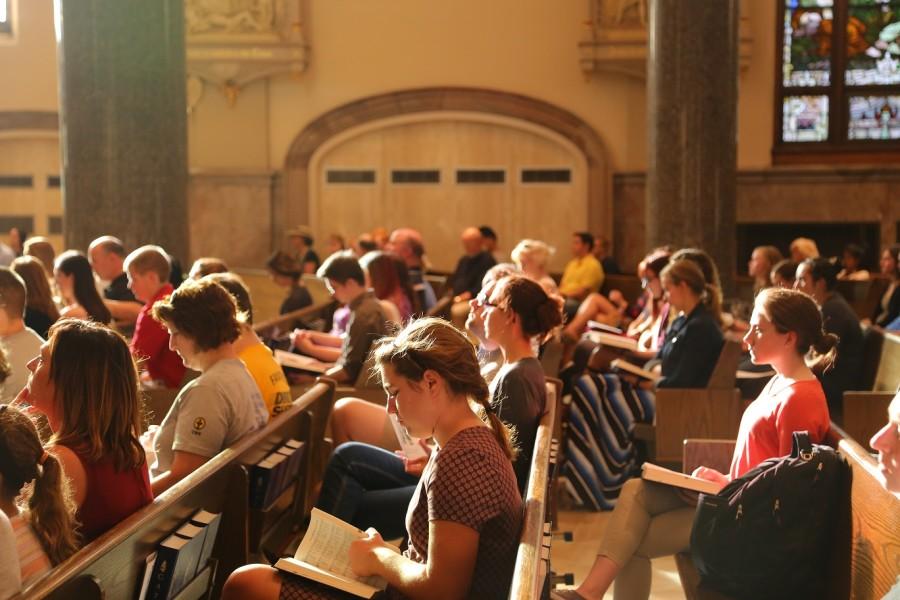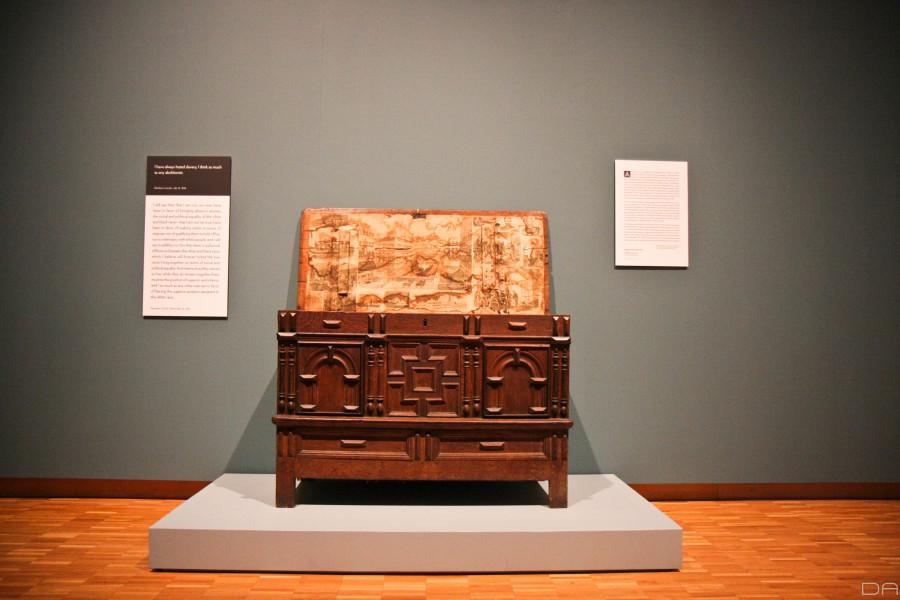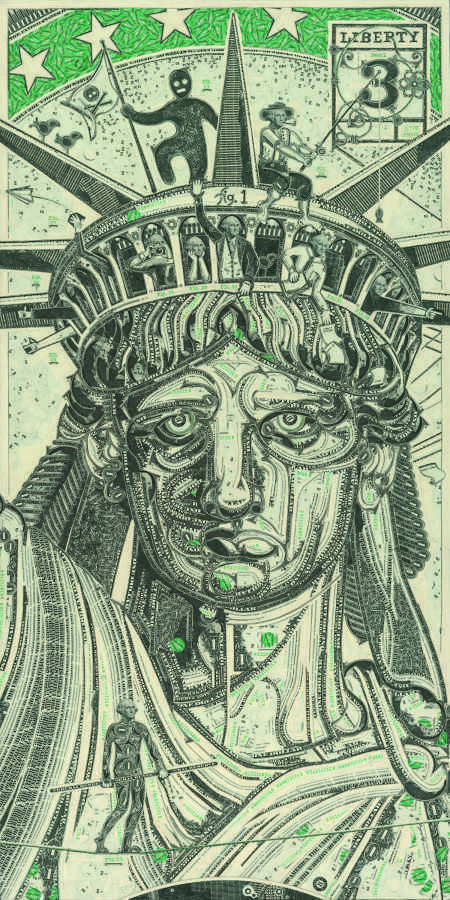Slavery is a hard topic to talk about in America. The history of slavery is a defining element of American history education, but the specifics and gory details of that history are often left out of public discussion. It is an embarrassing and shameful element of our past as a nation, but a part of our past nonetheless. The manner in how we address modern slavery, human trafficking and the modern embodiment of unjust human bondage has undoubtedly been affected and deemed taboo as a consequence of our apprehension toward fully confronting our shameful past of human bondage.
As history is taught to young Americans, slavery is often presented in tandem with the American Civil War. This conflict, at its core, fueled by the question of emancipation, concludes in 1865. The 13th Amendment is ratified and slavery as an institution ends in America. However, as a result of oversimplification in mainstream education, this narrative is incomplete.
The deep roots of American slavery leading up to the Civil War is lost in this limited and simplified history. By framing most people’s primary educational experience with slavery almost exclusively in its relation to the Civil War and the institution of chattel slavery in America, the broader subject of indentured labor and human bondage becomes murky. Most Americans see slavery to be an open-and-shut issue, as the Civil War heralded the oft-discussed and supposed end of slavery in America.
A false end to slavery in America is presented through this narrative. The 13th Amendment, praised for bringing an end to American slavery, contained an exception to the dissolution of slavery: “except as punishment for a crime.” This exception is the primary driving force behind America’s storied and checkered past with penal labor and the ethical complications of such an element in the justice system. The 2016 documentary “13th” by director Ava DuVernay offers a compelling and in-depth look at the current aftershocks of slavery in our criminal justice system.
Another complicating element of the discussion of modern slavery and human trafficking is the sheer taboo of discussing such a disturbing reality about the world today. Being confronted with the reality and continued presence of human trafficking — in this country and around the globe — is an uncomfortable task. It leads to the deeper underlying truth that our modern and so-called civilized world is still rife with the capacity to exact abject, degrading cruelties upon the innocent; it is a sobering reality.
It is a stark and unpleasant reality. In essence, it is the illumination of a great failure in the American values of life, liberty and the pursuit of happiness. The idea that so many innocents are ripped from their lives and suddenly lost in this way is simply abhorrent. There has been an admirable and concentrated effort to combat human trafficking and modern slavery, both domestically and abroad, for some time now. However, these men and women who dedicate their time and energy speaking for the voiceless face a greater challenge: an unaware public.
The country is not lacking in challenges. Economic inequality and labor oppression, the ongoing persecution of people of color – a cultural reverberation as a result of slavery – and the fight for sexual and reproductive rights are all at the forefront of American political debate. The damages we do to the environment threaten mankind with terrifying consequences. It is unsurprising and deeply unfortunate that the fight against human trafficking has become lost in the deafening roar of other modern social struggles.
It should be disturbing that the notion of human bondage and kidnapping could be forgotten in the national discourse. Given the unique relationship the United States has with slavery, paired with American ideals about freedom and individual liberties, the discourse surrounding modern slavery should dominate public discussion. Over 400,000 Americans live in what the Walk Free Foundation defines as contemporary slavery, per the 2018 Global Slavery Index. While the notion of slavery anywhere is horrific, the fact that so many Americans face this oppression within the borders of their own nation founded on the ideals of liberty and justice seems like some sort of cruel, cosmic joke.
However, the great discomfort at fully acknowledging America’s active role in the slave trade so many years ago is worsened by the necessary revision that slavery never really ended in the United States. A bloody and vicious war ended, many people were granted greater civil rights, but slavery in America was not completely eradicated in 1865.
The exploitation of people’s bodies and labor is a heinous crime. Degrading people’s humanity by commodifying them and trading them like livestock is inhuman in its callousness and despicable by its very intention. These people are stripped of their most basic human rights and their agency to stand up for themselves.
If we as a nation seek to right the wrongs of slavery, admitting our true and shameful place in its history and our failure to end it is a crucial first step in breaking down the taboos surrounding the discourse of human trafficking and modern slavery.





